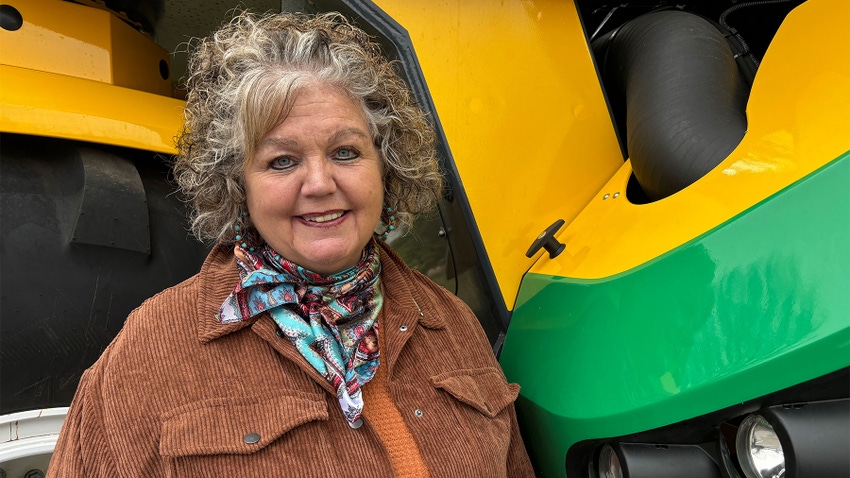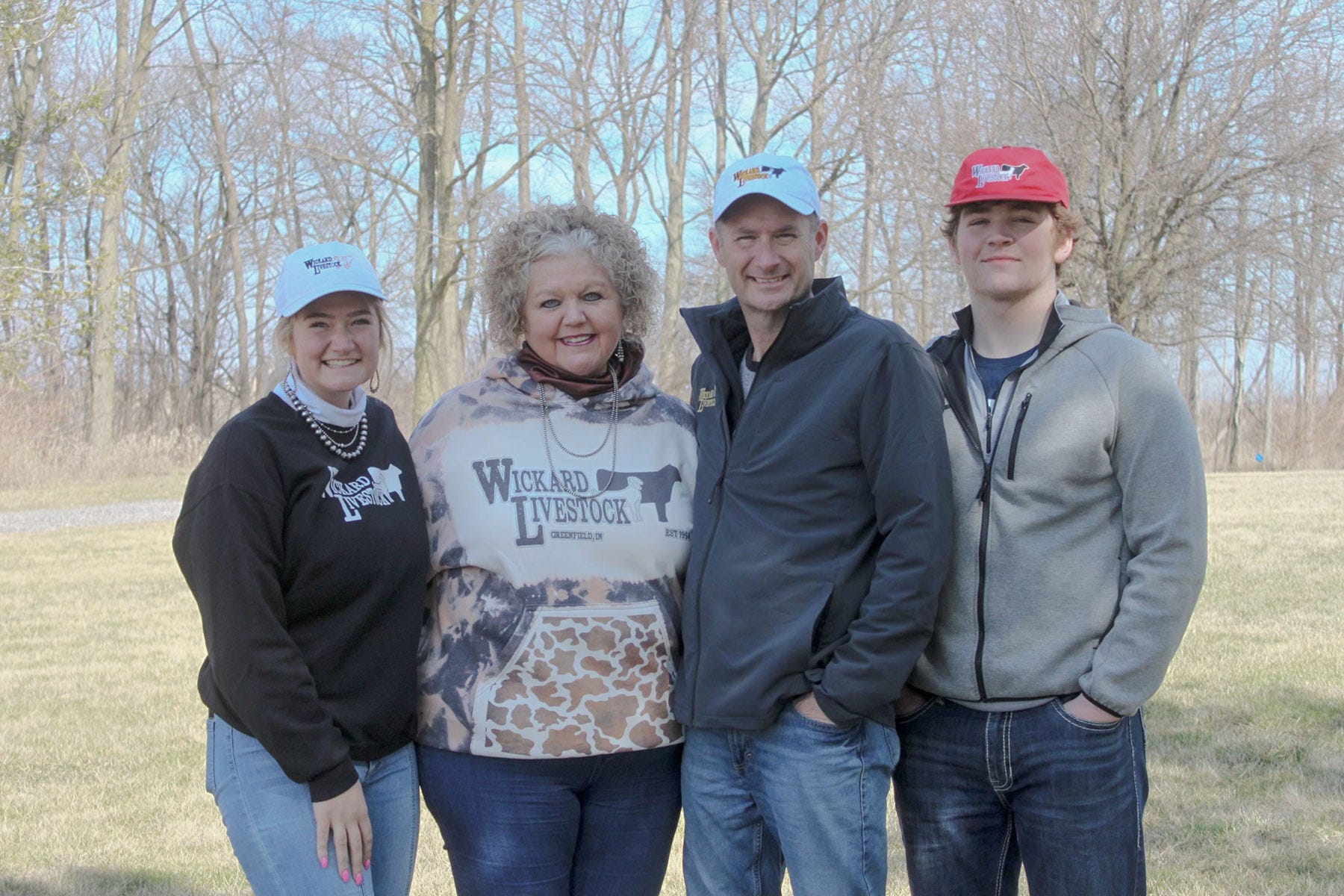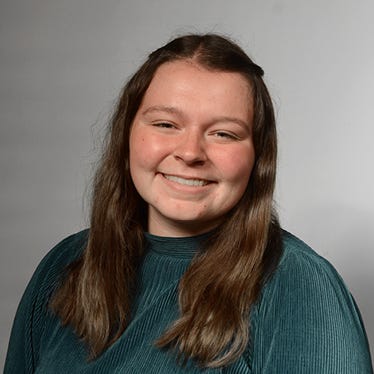March 22, 2024

Serving as a liaison between farmers and the government comes with its challenges, but Julia Wickard, state executive director of the USDA Farm Service Agency in Indiana, has cultivated ways to address those obstacles.
Now in her second term as the first female to serve as SED and the first SED to serve two administrations, Wickard prioritizes creating programs and routines that will sustain Indiana’s county FSA offices for years to come.
Filling the role
Wickard’s dedication to the agency has served her well, leading to a second term as SED beginning in 2021, following her first term from 2009 to 2017. The FSA SED is a federal political appointment and typically changes if the party of the president changes.
In this election year, her focus has been on working closely with FSA employees across the state to ensure they have the resources to thrive no matter who is serving in the SED role. Some of those resources include a new mentorship program for FSA employees and revamped information-sharing tools to make collaboration more efficient.
“It’s not because of Julia,” Wickard says. “It is because our team has come together and said, ‘This is what we want our agency to look like moving forward.’ Whether Julia is here or not, that is not the point. The point is, what do we want Indiana’s Farm Service Agency to look like?”
Wickard also recognizes the importance of building personal relationships with producers so that FSA employees better understand the growers’ operations and can connect them to the right USDA programs.
“USDA programs are really tangible,” Wickard adds. “They make a difference in people’s lives, and they ultimately drive economic development and local communities. And so, to me, that’s the beauty of FSA and why I love serving as the state director.”
Facing challenges
Those programs sometimes pose a challenge, especially when they are new and have loose ends. This puts the interpretation and enforcement into the hands of FSA employees, which can be difficult. Wickard explains that building those relationships can help overcome this obstacle.
“Sometimes, maybe not all the i’s were dotted and t’s crossed before they get to the FSA county office,” Wickard says. “It’s our job to try to synthesize and to use some common sense about the applicability of those programs and how they might or might not work for a particular operation.”
Ultimately, Wickard has endeavored to use her position to engage with producers and FSA employees while making the agency a better place to work.
“There are rules and regulations that come down from Washington, but there’s also some ownership that we have in our state,” Wickard says. “So, those things where we have opportunity to flex and kind of carve our own path, we’re doing that. And I’d put Indiana’s FSA employees against anybody in the country.”

FARMING FAMILY: Julia Wickard lives on her family’s 150-year-old homesteaded farm with her family, where they raise registered Angus cattle and Boer goats. Julia and her husband, Chris, are flanked by daughter Jordyn and son Jacob. (Courtesy of Julia Wickard)
Julia Wickard at a glance
Current role: State executive director of USDA Farm Service Agency in Indiana
Hometown: Hancock County, Ind.
Growing up: Grew up on her family’s 150-year-old homesteaded farm
Past experience: Indiana Department of Environmental Management, Indiana Beef Cattle Association, Indiana Farm Bureau, Office of the Commissioner of Agriculture, Indiana Association of Soil and Water Conservation Districts
Family: Husband, Chris; children, Jordyn and Jacob
No. 1 goal: Create programs and positive changes within the agency that will last beyond her term
Notable: Serving in her second term as SED of USDA FSA in Indiana
Read more about:
Farm Service AgencyAbout the Author(s)
You May Also Like






